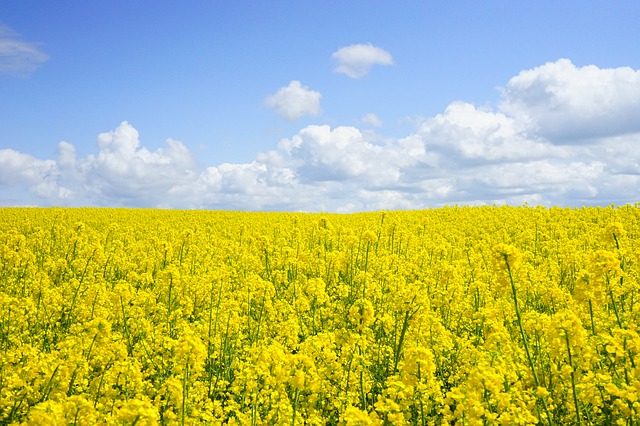Southern Swedish vocabulary Posted by Stephen Maconi on Mar 1, 2017 in Culture, Swedish Language, Vocabulary

Sweden has lots of dialekter, dialects, that all have their own unique pronunciation. Many even have their own share of particular vocabulary. There are various reasons for the existence of dialects in Sweden; for example, a spread-out and originally highly agriculture-based society, as well as external influence from other languages.
When we talk about svenska dialekter, we mean not only those very rare and obscure linguistic variations associated with small villages in the middle of nowhere. En dialekt in Swedish is a broader term that could also, other than its direct translation “dialect”, be interpreted as an “accent” in English.
One of the most famous regional dialects in Sweden is skånska, Scanian, which is spoken in the southernmost tip of Sweden called Skåne, Scania, right across the water from Denmark. The biggest reason for its peculiarity is its Danish influence. In fact, Skåne was originally Danish but became part of Sweden in 1658. This blend of Danish and Swedish linguistic differences are what created the Scanian dialect, skånska. (In reality, there are various dialects within Skåne; here, we refer to them as a group.)
One thing that makes skånska stand out is its vocabulary. There are lots of examples of words that are used in Skåne instead of standard Swedish words. In learning Swedish, it can be very useful to be acquainted with these words as Scanians can be found all over Sweden. Here are some fun examples to start you off:
glöttig – childish.
Standard Swedish barnslig.
Hon kände sig glöttig när hon målade tånaglarna rosa. – She felt childish when she painted her toenails pink.
nimmt – easy, simple.
Standard Swedish lätt.
Det är ett nimmt sätt att tjäna pengar. – It’s an easy way to earn money.
en pugga – a frog.
Standard Swedish en groda. (Think of the Midsommar song Smågrodorna.)
Jag såg en pugga vid strömmen igår. – I saw a frog by the stream yesterday.
en påg – a boy.
Standard Swedish en pojke.
Min påg är ute och leker med puggorna. – My boy is out playing with the frogs.
en pära – a potato.
Standard Swedish en potatis.
Ikväll blir det köttbullar med päror. – Tonight, we will have meatballs with potatoes. (lit. “Tonight, it becomes meatballs with potatoes.”)
rälig – gross, icky.
Standard Swedish äcklig.
Att bita naglarna är en rälig ovana. – Biting one’s nails is a gross (bad) habit.
tjock i nacken – stupid. (literally “thick in the nape”)
Standard Swedish dum i huvudet. (literally “dumb in the head”)
Är han tjock i nacken, eller? Det är omöjligt! – Is he stupid? That’s impossible!
tradig – boring, tedious.
Standard Swedish tråkig.
Det är så tradigt att vänta i långa köer. – It’s so boring waiting in long queues/lines.
Now you can go impress your Scanian friends with your new vocabulary. Have fun!

Build vocabulary, practice pronunciation, and more with Transparent Language Online. Available anytime, anywhere, on any device.




Comments:
Janet Peterson Schroeder:
Very interesting!